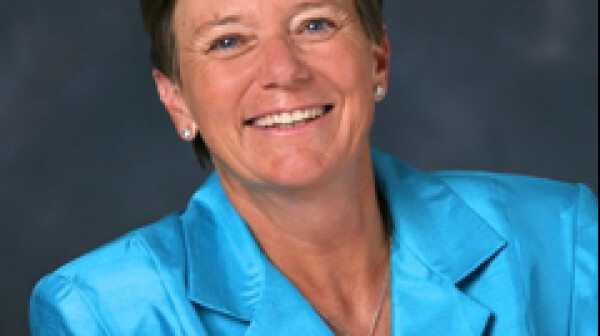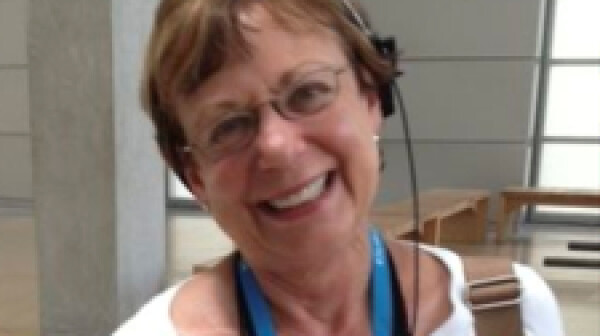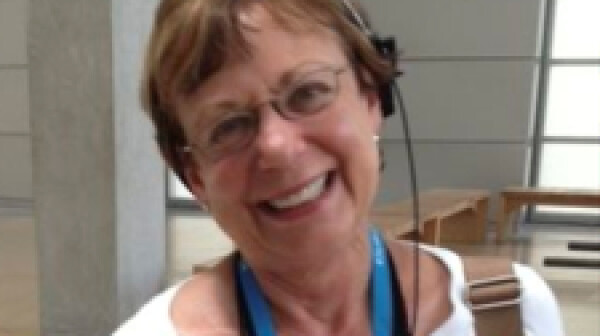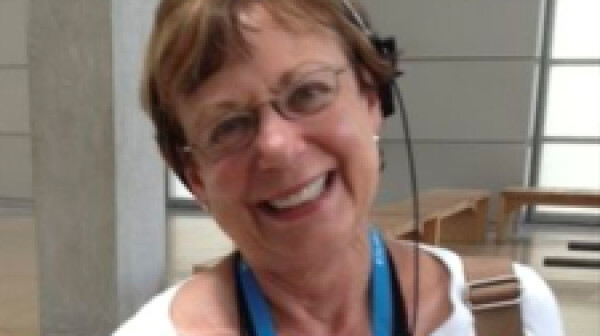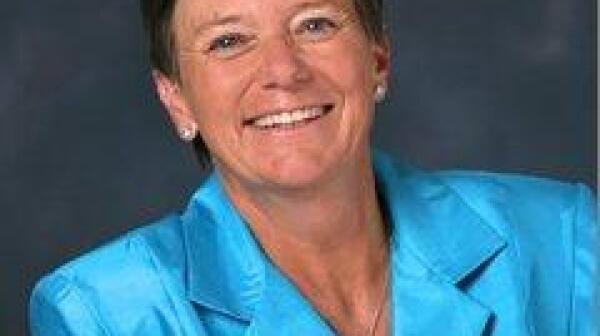AARP Eye Center
CLOSE ×
Search
Popular Searches
Suggested Links
Greetings one and all...
Article by Buffy Gilfoil
One lonely night I was in my hotel room in Chicago where I was staying while supervising the recovery of my ninety-year old dad who had just returned from the intensive care unit where he had been fighting complications from an appendicitis attack. It was another sleepless night midway between a two-week stint of being away from my home and my family in Denver.
Being a family caregiver requires a great deal of balance. From managing medications to coordinating appointments, family caregivers juggle many tasks every day.
Greetings one and all...
AARP would like to inform you of this following events:
Fourteen days after my 90-year-old mom moved into her permanent dementia unit, at 5:30 in the morning, I received a call that she had fallen, gashed her head and had been sent to the emergency room. I rushed over to meet her. She was lying comfortably in one of the two beds occupying a room adjacent to the main emergency room service desk. At the moment she was the only occupant. She was holding an ice pack over a temporary patch that seemed to have been applied when she arrived. With her other hand she reached out to me and we sat in silence. My mom had primary progressive aphasia and was not able to speak. I was grateful that she was conscious and that she seemed pretty calm. I resolved to do my best to stay in control and to stay fluid and upbeat. The worst part of the crisis seemed over. As I sat there in my workout clothes, I resigned myself to a morning off from my normal regimen. We sat and sat and sat. While we waited, I mulled over what could have happened. What kind of metal object could have caused this? Nobody interrupted my thinking process. Finally an attendant appeared and took Mom’s vitals. Then she left. Out in the nearby rotunda, I could hear two gentlemen chatting away in between pauses while they apparently were slurping their morning cups of coffee. “Did you see the way Lamar (Lamar James, the Cleveland Cavaliers basketball star) handled that ball last night? That three pointer was terrific.” Another attendant came in to adjust the IV that had been placed in Mom’s arm. She didn’t say “How are you feeling?” or “What can I get you?” I got the message that the emotional part was my job. Again, I swore to continue to remain calm and fluid. After all where were we really going except back to the dementia unit? At the front desk the gentlemen continued their discussion about the game. Finally I decided to go to the desk and attempt to join in the gentlemen’s conversation. My husband had watched the contest as well, and I had eavesdropped while he had been riveted to the television set. The men wore green scrubs with affixed badges that identified them each as doctors. We chatted for a few minutes about the game, and then I brought up the subject of my mom!!! Did they have any immediate plans for her? I figured I could ask now that more than an hour had passed since she had arrived. Not too much later one of the doctors entered our room and the wheels began to turn. Various lab assistants prepared Mom with a series of shots and salves before the doctor completed the procedure by administering eight stitches. When Mom was declared to be in stable condition, she was brought some breakfast and we could relax a bit. Then the paper trail began which took another hour or so. After preparations were made to check her out, I was asked how I wanted Mom to be transported back to her dementia unit. I opted for an ambulance. Little did I know I would receive a bill for $700 to cover the cost! Medicare, I learned later, does not pay for this expense. Maybe I was too fluid!!!
Greetings one and all...
It would have been so easy to “knee-jerk” when taking care of my two diverse elderly parents, but I wanted to do a good job and, just like when I was raising my two boys, I thought it was important to read up on the subject and then adapt the information I accumulated to my own personal situation. In between administering to my parents’ immediate needs, I took to the internet and to purchasing a few select books to help me plow through the eldercare maze. All of the sources suggested putting key information in place ahead of impending crises, but alas I was too late for that “Big Picture” discussion. We had already experienced several emergency room incidents, and my mother’s health was already deteriorating. Though my Dad had done his best to manage his and Mom’s affairs, many of the types of preparation the books and articles suggested had not been put in place. My parents’ financial records were scattered, no allowance for transfer of power of attorney had been determined, my mothers’ medical records were sketchy and I really had no idea what were my parents’ emotional needs for living out their final chapters. Despite having missed some initial steps suggested by my sources, I still attempted to generally educate myself. I became familiar with all the eldercare stages and terms just to get my own sense of the “Big Picture.” I skimmed the chapters on “Starting the Conversation, and went directly to ”Housing Options,” and “Moving.” Hoping that I would not have to think about the final outcome for a while, I tabled the chapter on “Saying Good-bye.” My parents’ emotional issues worried me the most. The memoir I read was not always applicable to their needs but I did learn about some ideas such as hiring a geriatric care manager and from the writer’s narrative I was able to get some comfort and support that I so badly needed during a time when I felt so isolated and lonely. From the senior living facility where my parents resided I was able to become more familiar with the role Medicare played in Home Health services. In Mom’s dementia unit, I learned how to speak to residents with dementia by watching Mom’s marvelous activities director at work. Mom and Dad’s geriatrician initially schooled me on Hospice care. He gave me some reading material and I followed up by consulting several internet sites on the subject. If one Googles the subject of eldercare today, one can be overwhelmed by the limitless amount of information now available on the subject. I suggest finding a few good books and a few good sites to begin with and asking lots of questions from the experts you’ll meet while caring for your loved one. Knowing what my options were and what I might expect gave me a sense of comfort. All I had to do was take my new knowledge and apply it to my own circumstances.
Blog by Jane Barton
Search AARP Colorado
Connecting you to what matters most, like neighbors do. Find events, volunteer opportunities and more near you.
Sign Up & Stay Connected
































































